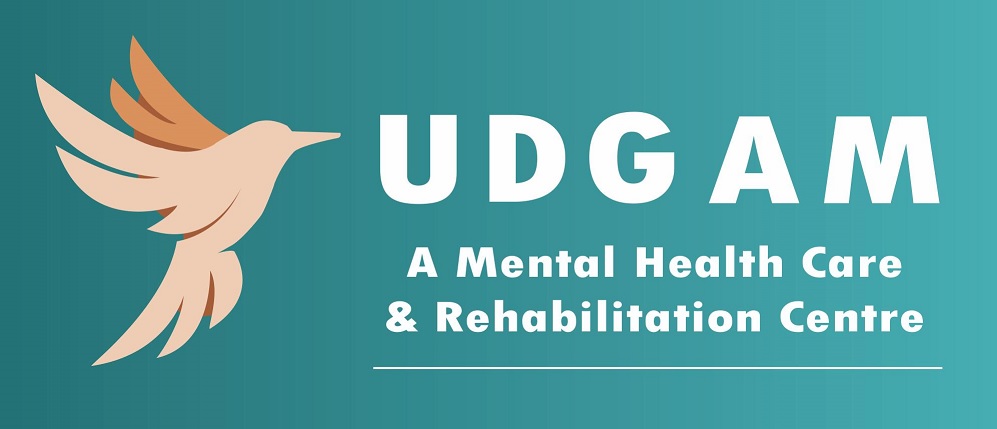 Communication plays a crucial role in a child’s development — shaping their ability to express emotions, connect with others, and learn from their environment. While every child grows at their own pace, it’s natural for parents to wonder: Is my child speaking enough for their age? And if not, when is the right time to begin speech and language therapy?
Communication plays a crucial role in a child’s development — shaping their ability to express emotions, connect with others, and learn from their environment. While every child grows at their own pace, it’s natural for parents to wonder: Is my child speaking enough for their age? And if not, when is the right time to begin speech and language therapy?
Understanding Speech and Language Delays
It’s important to recognize that not all delays are cause for alarm. Some children may speak later than others but catch up naturally. However, there are certain signs that may indicate your child needs professional support. For example, if your baby isn’t babbling or responding to their name by 12 months, or if your toddler isn’t using at least 10 words by 18 months, these could be early indicators of speech or language delay.
By the time a child is two years old, they should be forming simple two-word phrases like “want toy” or “go park.” If this milestone is not met, it might be time to consider a speech evaluation. Similarly, if a three-year-old's speech is difficult for others to understand or their vocabulary remains very limited, a speech therapist’s guidance could be highly beneficial.
When Is the Right Time to Start Therapy?
There is no specific age that suits every child — the best time to begin speech therapy is when you first notice consistent signs of delay. In many cases, therapy can begin as early as 18 months. Research shows that children who receive support during the early stages of development tend to make faster and more lasting progress compared to those who start later.
For toddlers between the ages of 18 months and three years, early intervention can be life-changing. Preschoolers who continue to struggle with sentence formation, pronunciation, or understanding instructions also benefit greatly from therapy. Even older children — those in primary school who face challenges in reading, stuttering, or communication in social settings — can make significant improvements with timely intervention.
The Benefits of Early Intervention
Starting speech and language therapy early has far-reaching advantages. Not only does it help children become more confident in expressing themselves, but it also reduces frustration and behavioral problems that often arise from communication difficulties. Children who undergo therapy at the right time are better prepared for school, develop stronger social skills, and tend to perform better academically.
Moreover, early therapy provides guidance to parents, enabling them to support their child at home. Through techniques learned in therapy sessions, parents can play an active role in encouraging communication during daily routines.
What Happens in a Speech Therapy Session?
At Udgam Mental Health Care, speech therapy sessions are customized to suit the child’s age and individual needs. For toddlers, sessions often involve play-based activities that naturally encourage language use. As children grow older, therapy may include exercises to improve vocabulary, pronunciation, comprehension, and sentence structure. The process is interactive and designed to be engaging, ensuring that children feel comfortable while learning.
Parents are also given tools and techniques to continue the learning process at home, which significantly enhances the effectiveness of therapy.
When to Take the First Step
If you find yourself worrying about your child’s speech, trust your instincts. It’s always better to seek guidance early than to wait and hope things will improve on their own. Consulting a speech-language therapist doesn’t mean something is wrong — it simply means you’re taking a proactive step to support your child’s communication and overall development.
At Udgam Mental Health Care, we’re here to help parents understand what’s typical and what’s not. With expert speech therapists in Hargobind Enclave - Karkardooma Delhi and Indirapuram Niti Khand I (Ghaziabad), we provide both in-person and online consultations to meet your needs.
Ready to Help Your Child Thrive?
If you’re noticing signs of delay or just want expert reassurance, don’t hesitate to reach out. Early action can make a world of difference in your child’s journey. Book a consultation with our experienced team and give your child the tools to express themselves with confidence.




